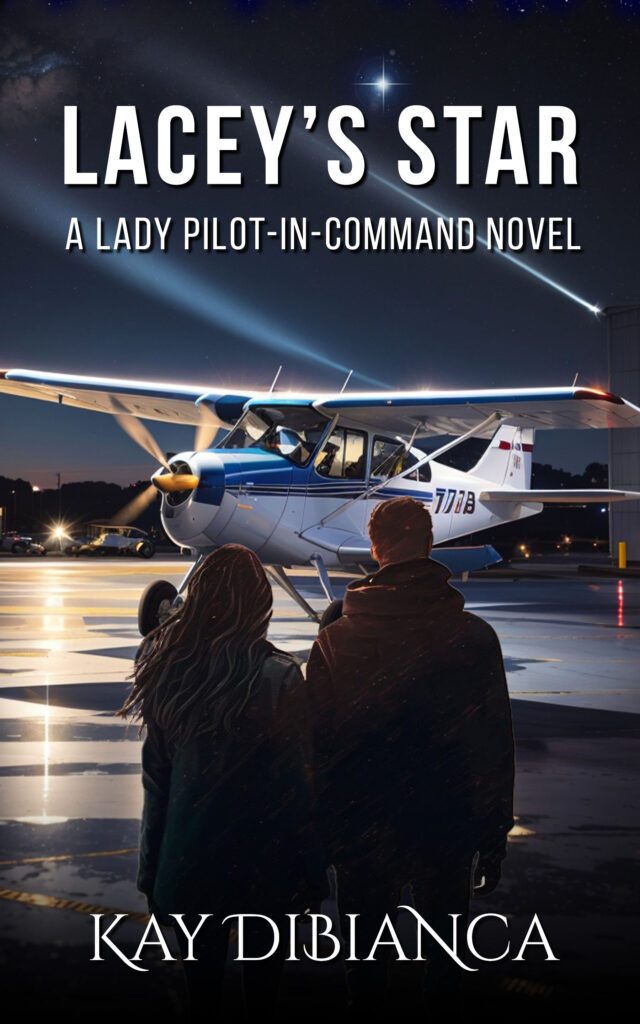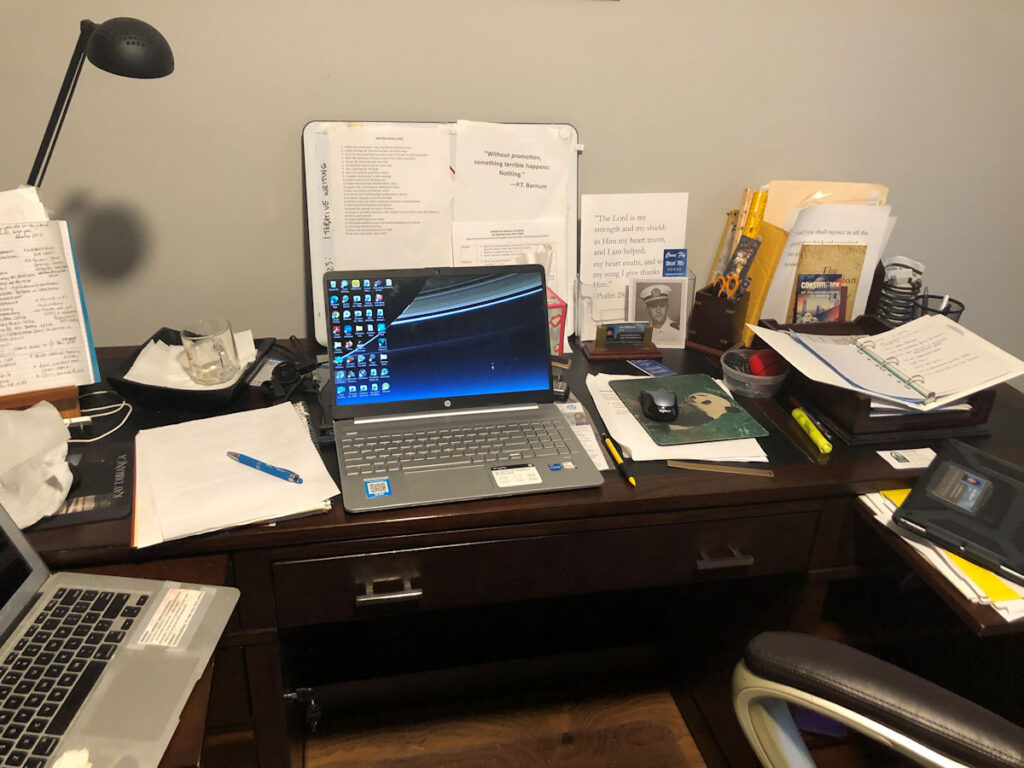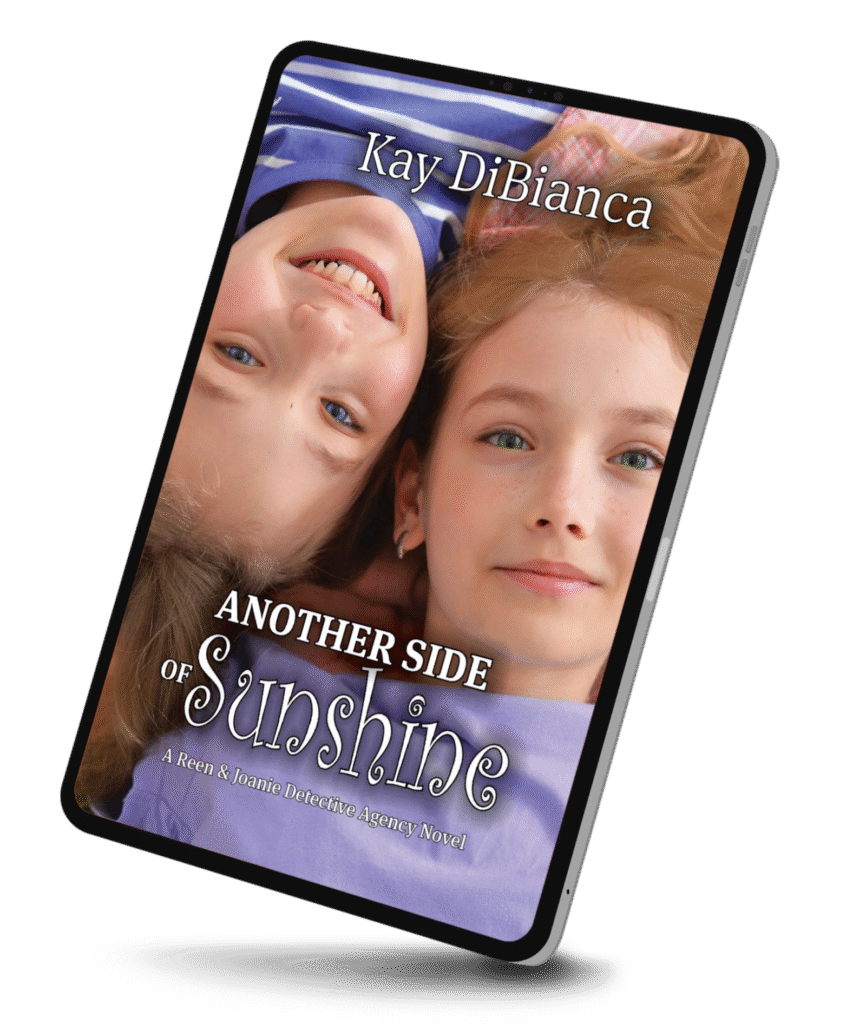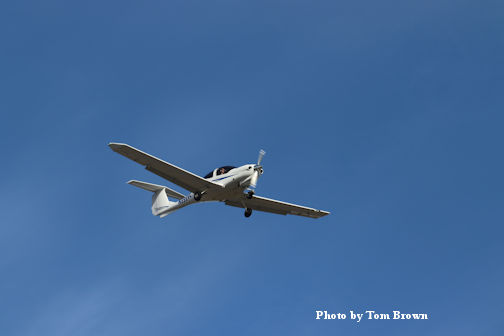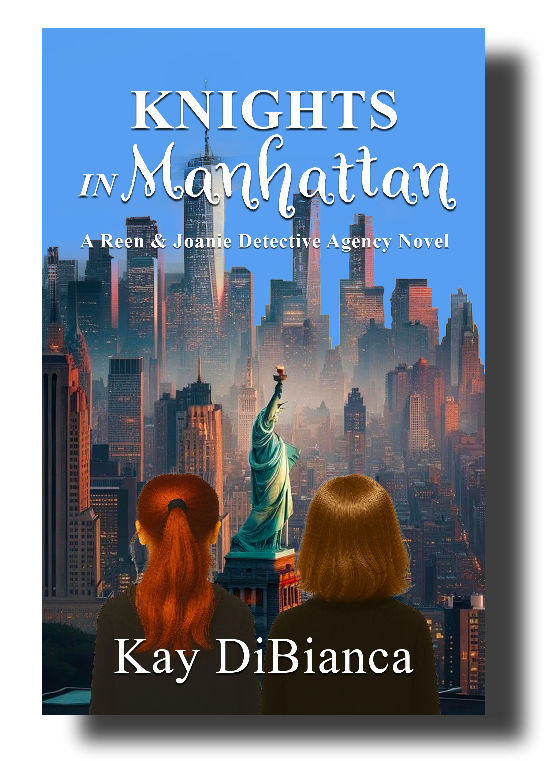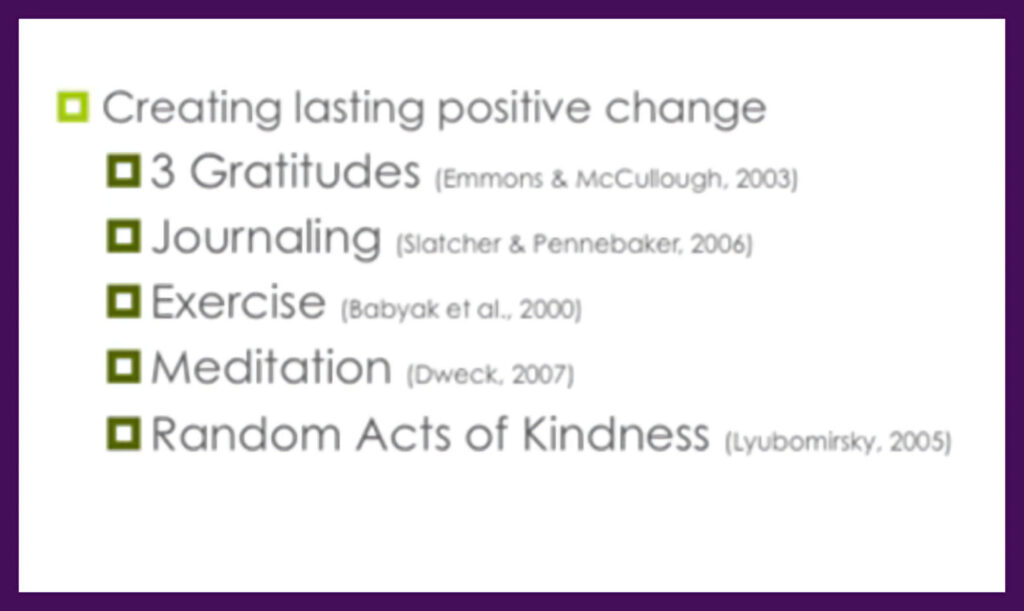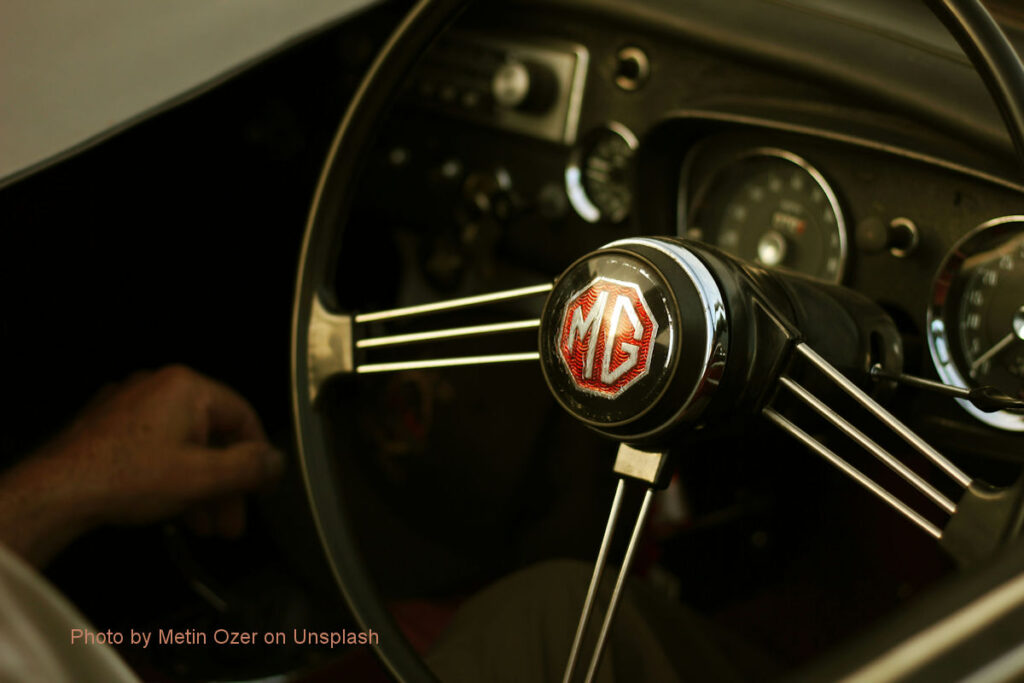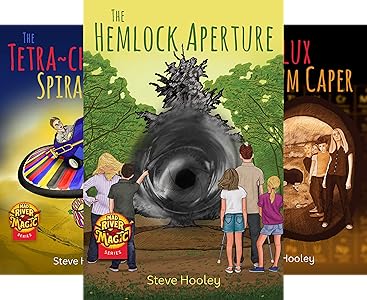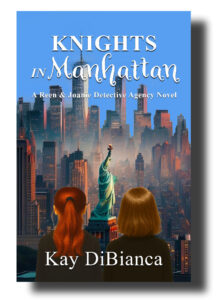
“A reader lives a thousand lives before he dies. The man who never reads lives only one.” — George R.R. Martin
* * *
I’ve been wondering lately about what exactly people are looking for when they pick up a book to read. Maybe knowing that would help me understand how to construct a novel that would be especially satisfying to the reader. My search took me to a Pew Research report from 2012 where researchers asked people who had read at least one book in the previous twelve months what they liked about reading. I summarized the main reasons below:
-
26% enjoyed learning, gaining knowledge, and discovering information.
-
15% cited escaping reality, becoming immersed in another world, and the enjoyment they got from using their imaginations.
-
12% liked the entertainment, drama, and suspense of watching a good plot unfold.
-
12% enjoyed relaxing while reading and having quiet time.
-
6% liked the variety of topics they could access via reading
-
4% said they enjoy finding spiritual enrichment
-
3% said they like being mentally challenged by books.
-
2% cited the physical properties of books – their feel and smell.

A more recent poll from Written Word Media found three top reasons people read books in 2026:
- To relax (86%)
- To be entertained (83%)
- To escape (67%)
Clearly, different people get enjoyment from different aspects of reading, but what exactly causes that enjoyment? I was looking for something a little more specific so I returned to the TKZ post John Gilstrap wrote a few weeks ago about the effect our writing has on readers. Here’s some of what he said:
The emotional connection is what counts. Like musical composition, a story is in its way an immortal piece of its creator’s soul. It lies silently until living person picks it up and interprets the author’s words through the filter of the reader’s own life experiences.
That got me thinking. How does that emotional connection affect readers of different genres? Can I use that information to improve my own story-telling?
I couldn’t find exactly what I wanted in my search, so I turned to Google’s AI to list why people prefer to read certain genres. (Google’s search provides references for the answers it generates.) Here are some of the things I gleaned from the results:
* * *
Mystery readers enjoy puzzles, suspense, and intellectual stimulation. They want compelling characters in stories that provide a comforting resolution that ensures justice has been served.
Thriller readers like adrenaline-fueled suspense and mental stimulation in fast-paced narratives, high stakes, and relatable yet flawed characters.
Readers of suspense desire an emotionally charged narrative that keeps them on the edge of their seat. They like the building anxiety that ends in a satisfying resolution.
True crime readers want to understand the psychological motivations behind criminal behavior and explore the complexities of the justice system. They like the combination of the thrill of being scared with real-life crime stories.
Fantasy readers seek immersive world-building that provides them with an escape from, or a new perspective on, reality.
Romance readers want a guaranteed happy-ever-after (HEA) or happy-for-now (HFN) ending. They’re looking for an intense emotional journey with relatable characters.
Readers of mixed-genre fiction crave fresh narratives that break the monotony of conventional, single-genre stories. They look for a “best of both worlds” experience—such as intense thrills paired with emotional romance or scientific concepts blended with fantasy.
* * *
These are, admittedly, brief summaries and not in-depth reader profiles, but they do point out that people have distinct expectations from the genre they prefer. Understanding that may help an author target a story that hits the bulls eye for their audience.
As a mystery writer with some romance included in my stories, I like the idea of combining John’s “emotional connection” with the list of specific things AI claims mystery readers crave. I guess that makes me a mixed-genre author. Puzzles, suspense, intellectual stimulation, and a strong emotional connection are the short list of keywords on my whiteboard to keep me focused.
* * *
So TKZers: What genre to you write? What do you think about profiling readers by the genre they read? Do you agree with the descriptions above? Does the psychological profile of readers in your genre help you compose your story?
* * *
Only one person believed it was murder. Only one star held the final clue. And only one woman followed its light to find the killer.
Lacey’s Star – click the image to go to the Amazon detail page.

